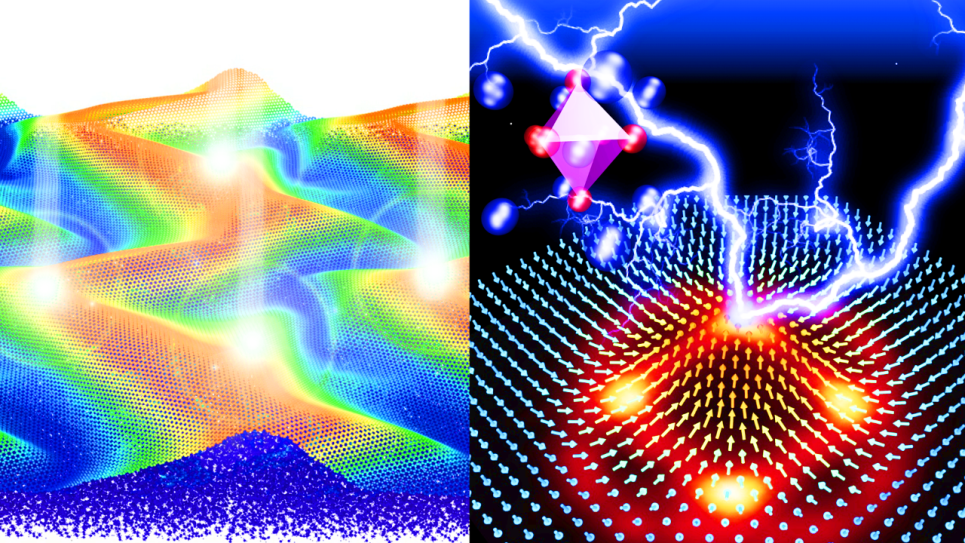
Modeling Electronic Stopping in Condensed Matter under Ion Irradiation
Electronic stopping describes the transfer of kinetic energy from very fast ions, like protons, to electrons in condensed matter. This process induces massive electronic excitations within the target material through interactions with the charged projectile’s electric field. Understanding this phenomenon in condensed matter is critical to advancing various technological and medical applications.
Building upon previous INCITE work, researchers will use this award to (1) advance the first-principles electronic stopping modeling capabilities for high-Z heavy ions in semiconductors and (2) to use their predictive framework to investigate intricate details of electronic excitation dynamics of DNA under light-ion irradiation. The team will use their highly scalable implementation of real-time, time-dependent density functional theory to achieve ambitious computational goals, such as simulating a structurally complex system of hydrated DNA with more than 10,000 electrons and more than 2 million basis functions.
Ultimately, the team’s work will provide predictive and quantitative computational insights into the interactions of fast ions with various materials. This knowledge has the potential to improve a variety of applications, including focused-ion beam microscopes, proton-beam cancer therapies, and the manufacturing of quantum bits and other advanced electronics.
